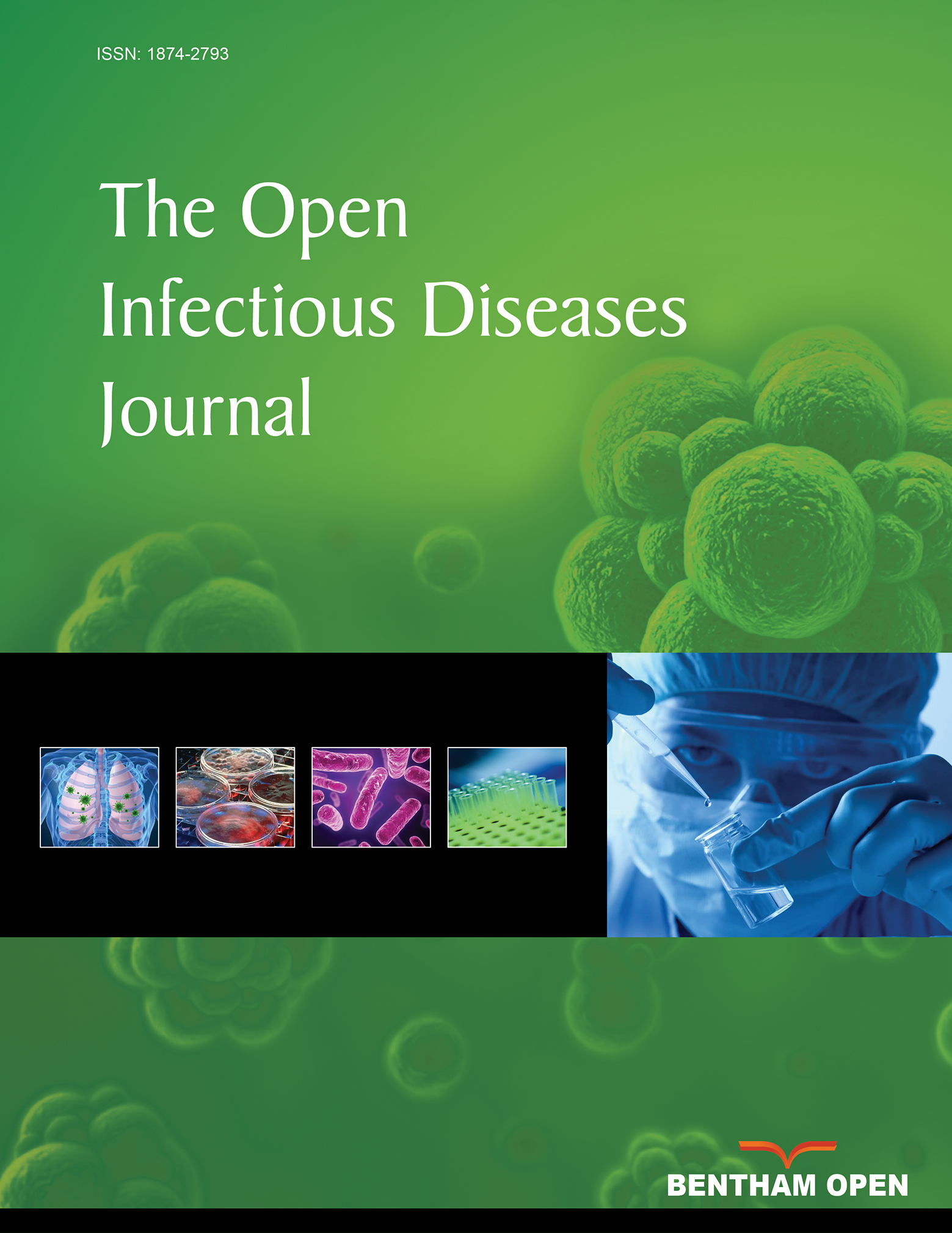All published articles of this journal are available on ScienceDirect.
Utilisation of Rapid Tests for Sexually Transmitted Infections: Promises and Challenges
Abstract
The control of curable STIs in countries with high disease burden has been hampered by the lack of accessible STI laboratory services. Rapid tests that are sensitive, specific and easy to use have the potential to increase the specificity of syndromic management of STIs in symptomatic patients and increase access to screening of asymptomatic infection to prevent the development of long-term complications and to interrupt the chain of transmission of STIs in the population. Although most rapid tests for chlamydia and gonorrhoea have sub-optimal sensitivity, and are neither simple nor affordable, some rapid syphilis tests have been shown to have acceptable performance. These can be deployed to increase access to screening in settings where testing is not previously possible or where laboratory services are inconsistent. With more political commitment and technological advances made possible by increased funding and public and private product development partnerships, there is much optimism in the near future for point of care tests for STIs that can improve patient management and disease control.


